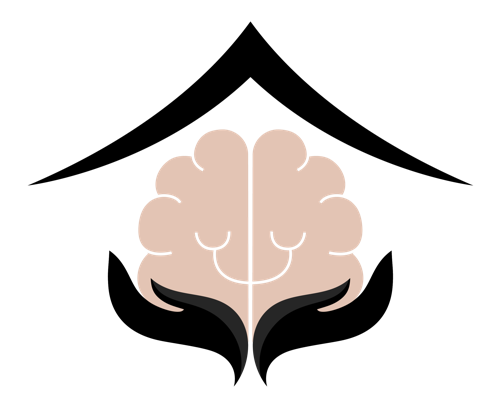
Adults with Attention-Deficit Hyperactivity Disorder (ADHD) often face unique challenges in structured environments like colleges, universities, and workplaces. These settings typically require a high level of organization, sustained focus, and adherence to schedules—areas where individuals with ADHD might struggle. Fortunately, educational institutions and employers are increasingly recognizing the need to provide accommodations to help level the playing field.
Understanding ADHD Accommodations
Accommodations are adjustments and modifications provided to individuals with disabilities to help them succeed in an environment that might otherwise be inaccessible due to their disability. For adults with ADHD, accommodations are designed to mitigate specific difficulties related to their condition, such as distractibility, time management issues, and difficulties with long-term project completion.
Common Accommodations in Higher Education
Higher education institutions can provide various accommodations through their disability services office. Here are some typical accommodations for students with ADHD:
• Extended Time on Tests: Allowing extra time to complete exams can help students with ADHD, who may take longer to read and comprehend questions or need breaks to refocus.
• Distraction-Reduced Testing Environment: Taking exams in a quieter, more controlled environment can help minimize distractions.
• Note-Taking Assistance: This can include providing a note-taker, access to lecture recordings, or permission to use laptop software that assists with organizing notes.
• Priority Registration: Registering for classes early can help students with ADHD schedule classes when they are most alert and avoid scheduling back-to-back classes that may overwhelm them.
Common Workplace Accommodations
Under laws like the Americans with Disabilities Act (ADA), employers must provide reasonable accommodations for employees with disabilities, including ADHD. Some effective workplace accommodations include:
• Flexible Scheduling: Allowing flexible work hours or the ability to work from home can help employees with ADHD manage their time according to their productivity peaks.
• Task Management Tools: Providing software or tools that assist in organizing tasks and managing time effectively.
• Regular Feedback: Frequent supervisor check-ins can help employees stay on track with their duties and address potential issues before they become problematic.
• Workspace Adjustments: This might include providing a quieter workspace or using noise-canceling headphones.
How to Access Accommodations
In Higher Education
- Documentation of Disability: Students generally need to provide documentation of their ADHD from a healthcare provider. This documentation should describe how ADHD affects their academic activities.
- Register with Disability Services: Students should contact the disability services office at their institution to learn about the required documentation and to register for accommodations.
- Continuous Communication: It’s vital to maintain communication with disability services and instructors to ensure accommodations are implemented and adjusted as needed.
In the Workplace
- Self-Disclosure: To receive accommodations in the workplace, you typically need to disclose your ADHD to your employer, ideally through human resources.
- Provide Documentation: Similar to educational settings, you may need documentation from a healthcare provider outlining how ADHD affects your work.
- Develop an Accommodation Plan: Work with your employer to determine reasonable accommodations and how they can be implemented.
Conclusion
Accommodations for ADHD in educational and workplace settings are not just about accessibility—they’re about opportunities for individuals with ADHD to showcase their true capabilities and contributions. By understanding and utilizing available accommodations, adults with ADHD can navigate these structured environments more successfully, fulfilling their academic and professional potential.
Safe Haven Health specializes in medication management for mental health conditions such as ADHD. If you would like to consult with a provider about starting or continuing a medication regimen to help treat your ADHD symptoms, make an appointment today!



